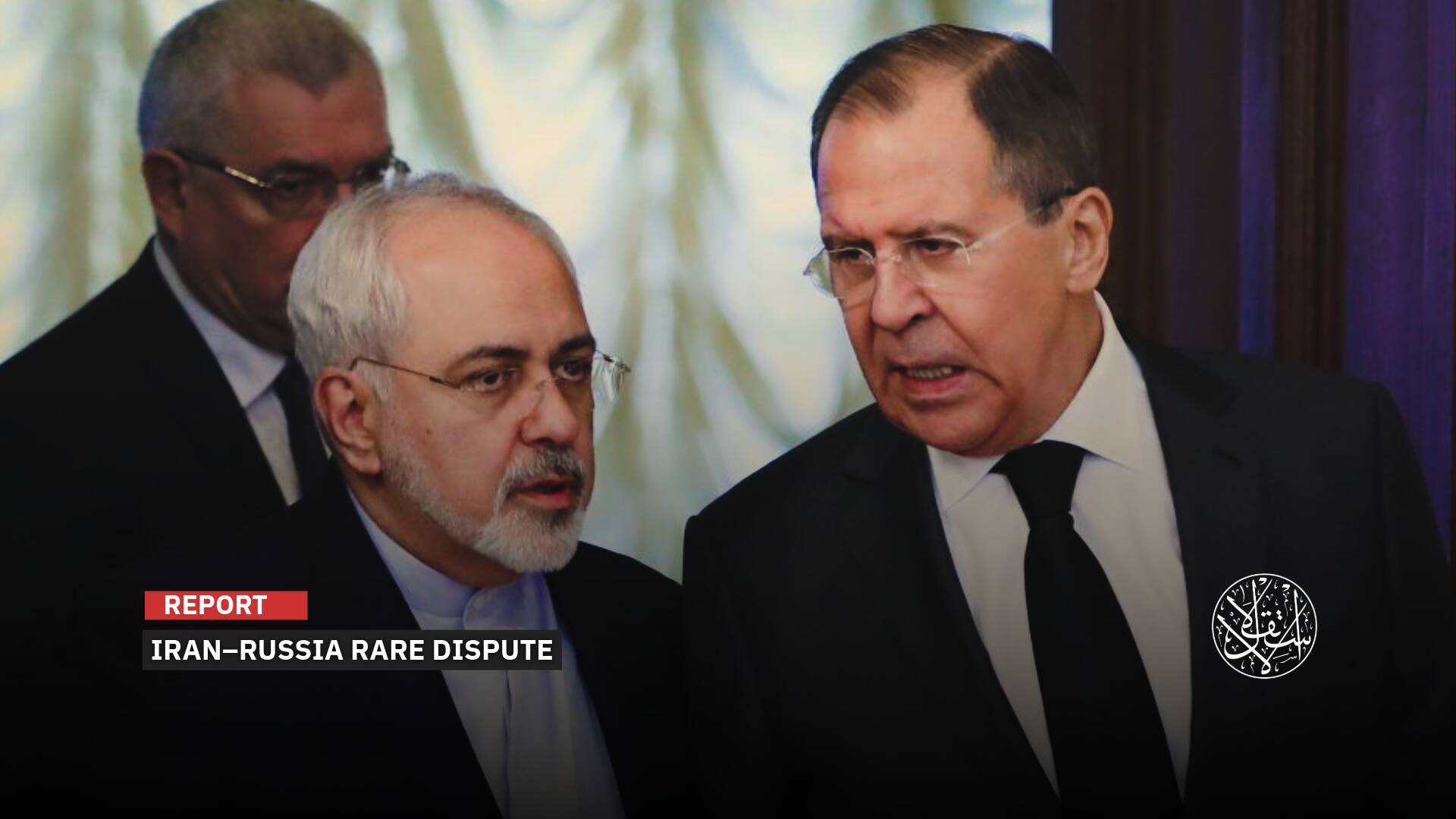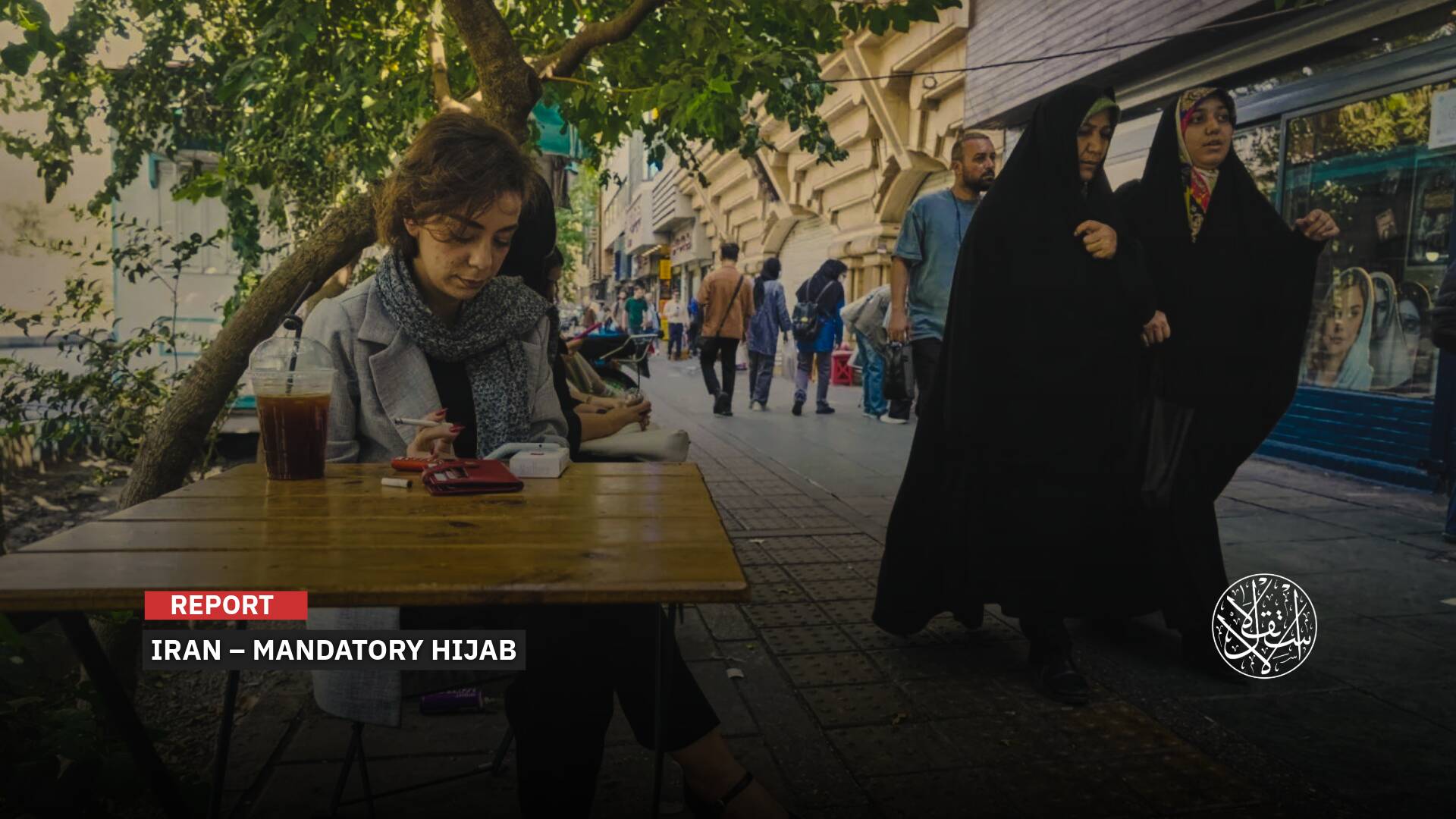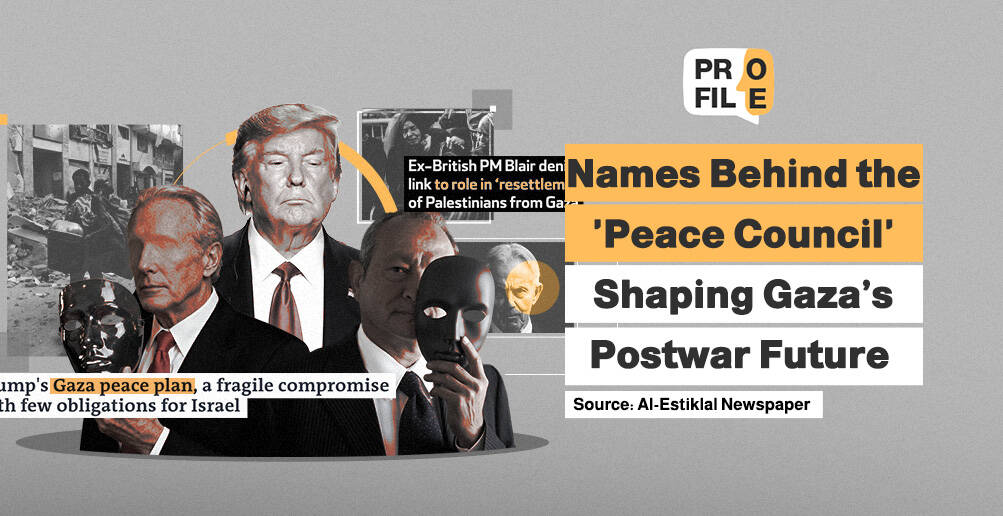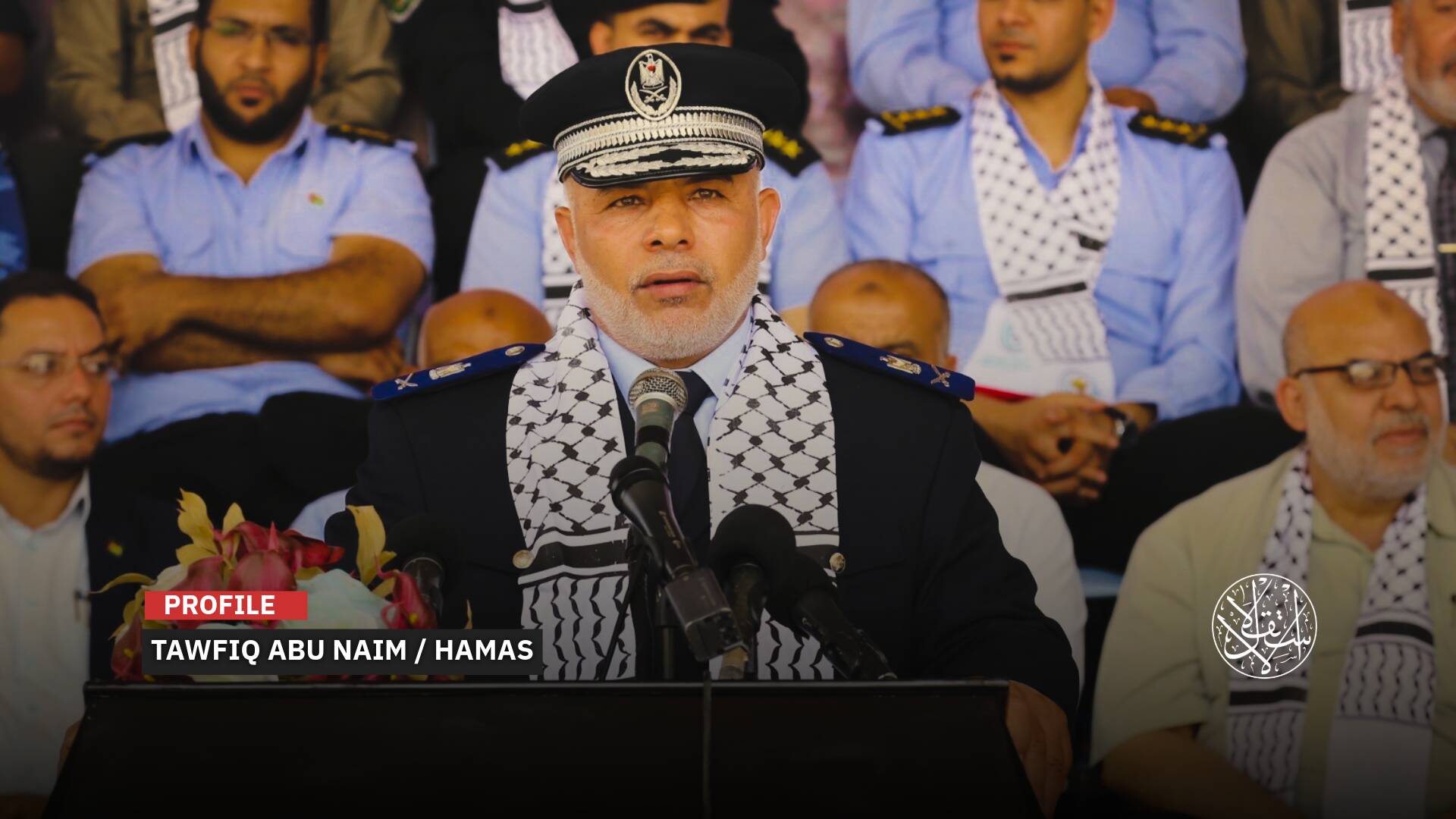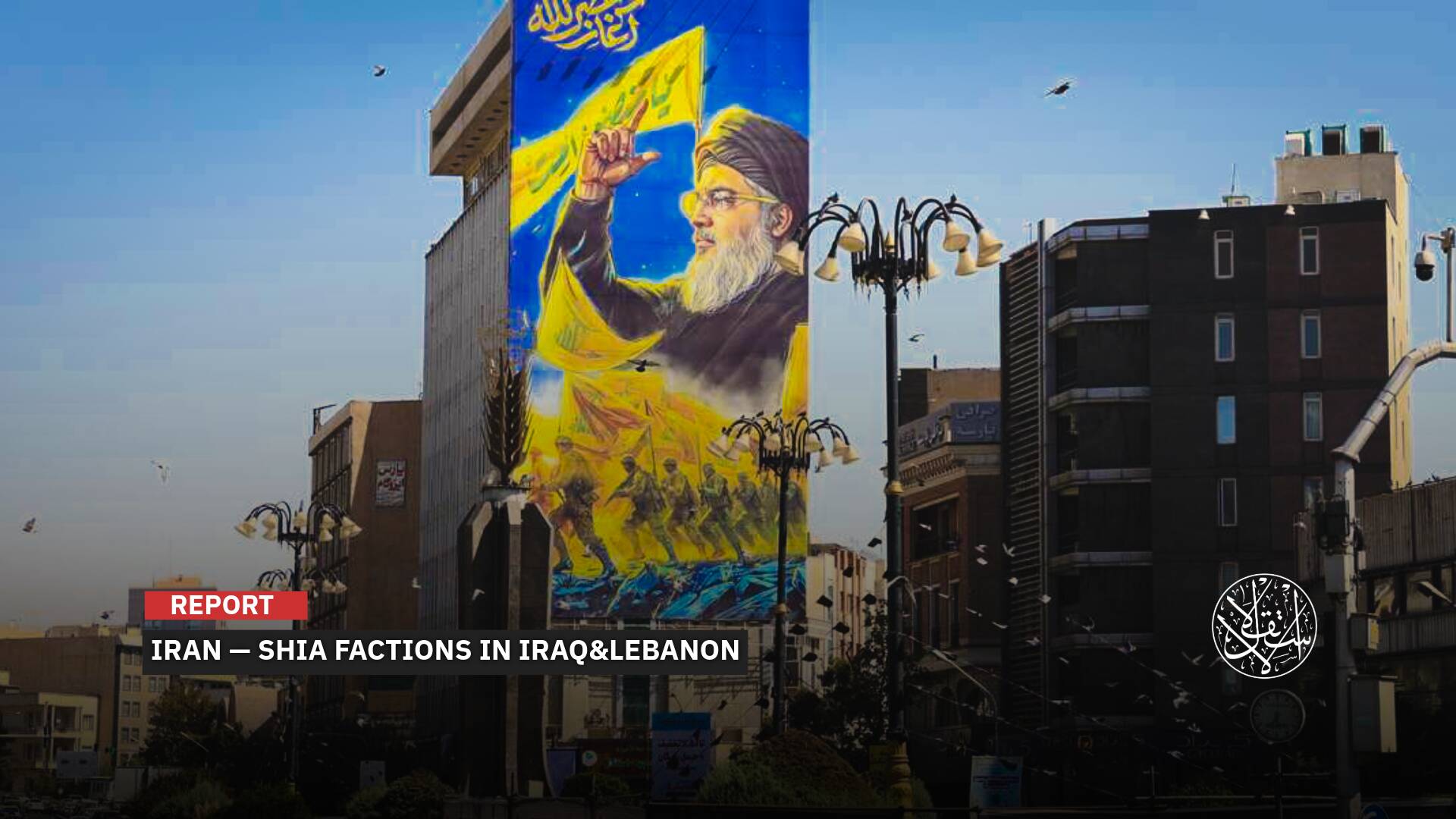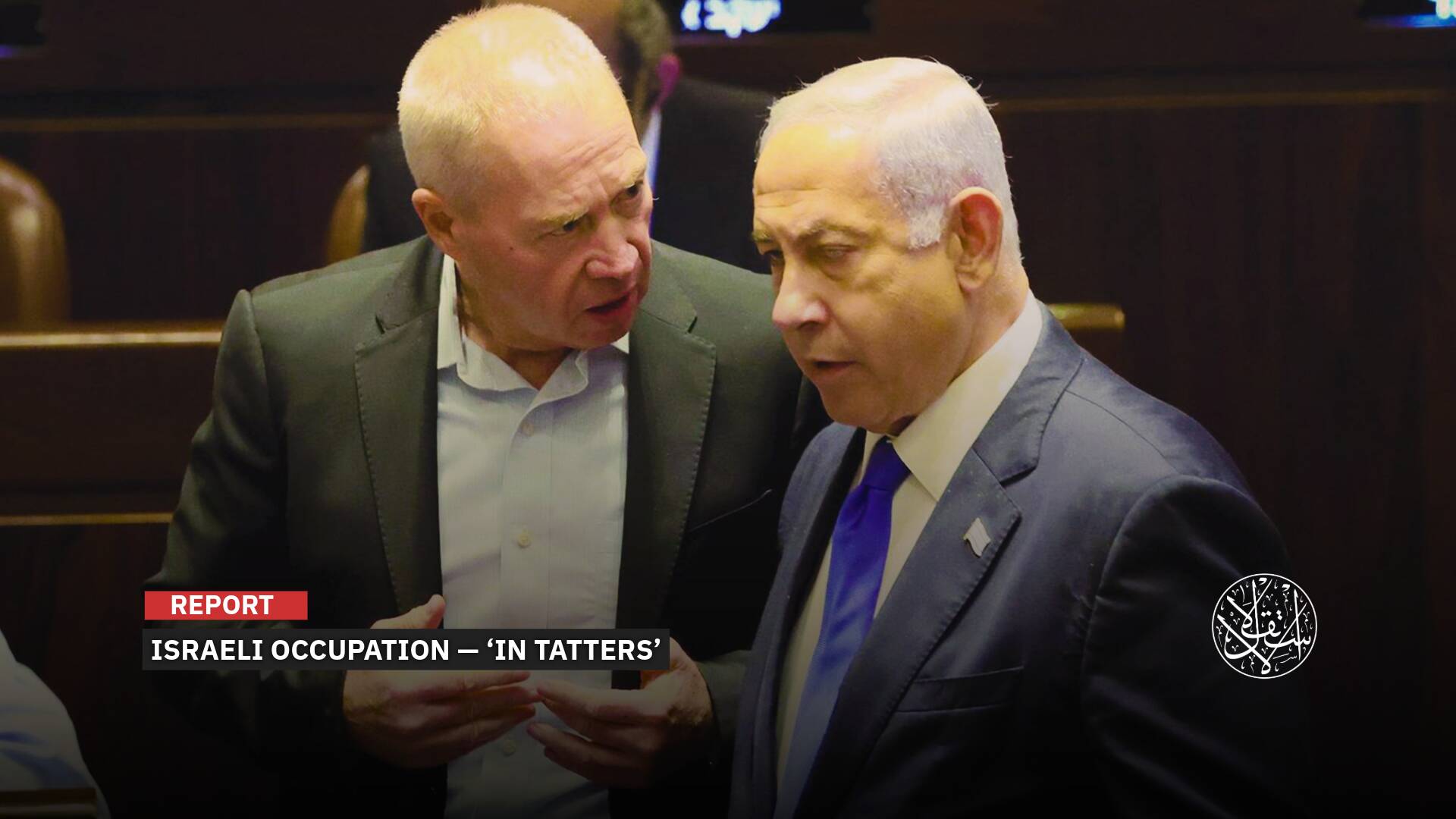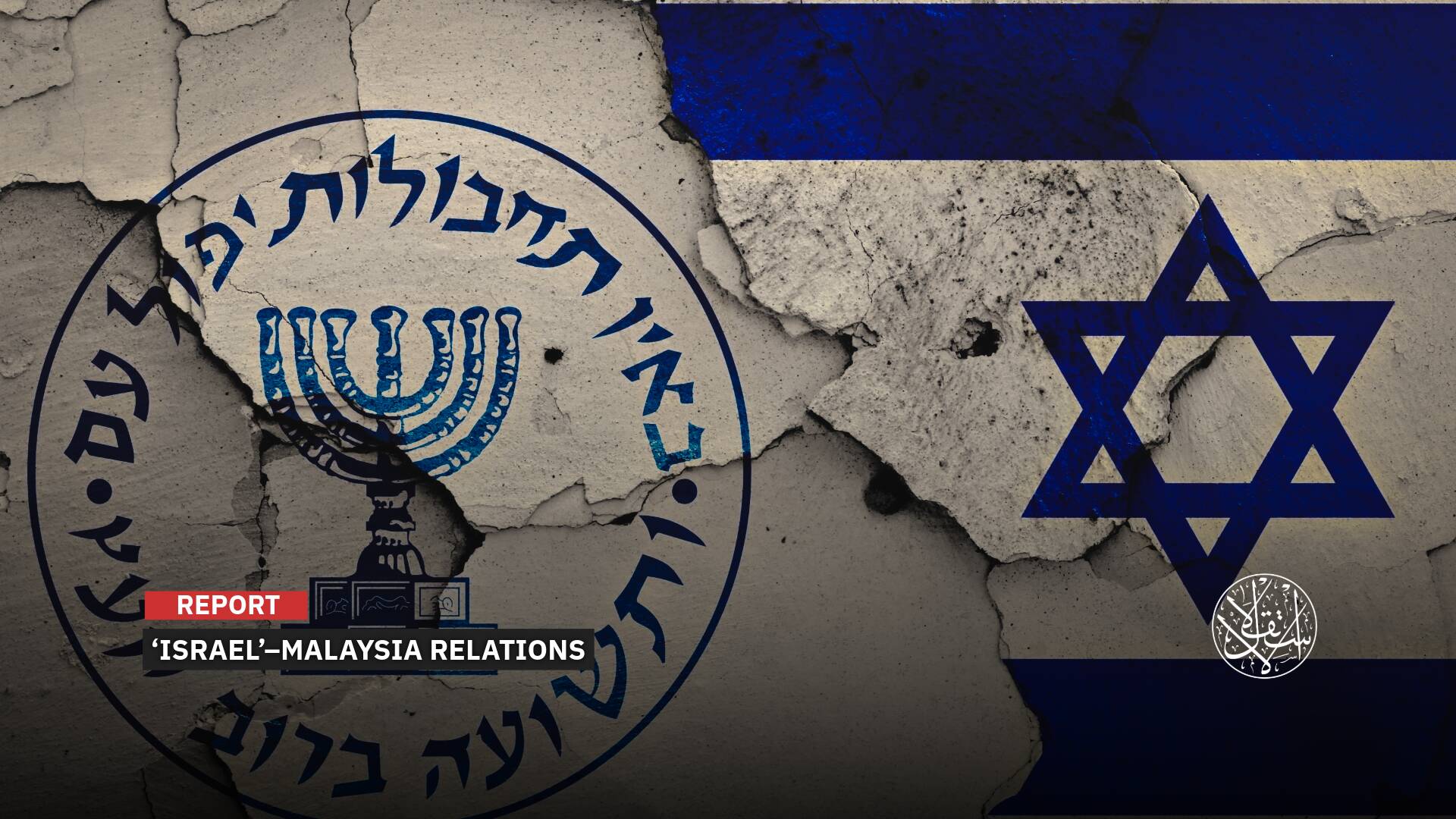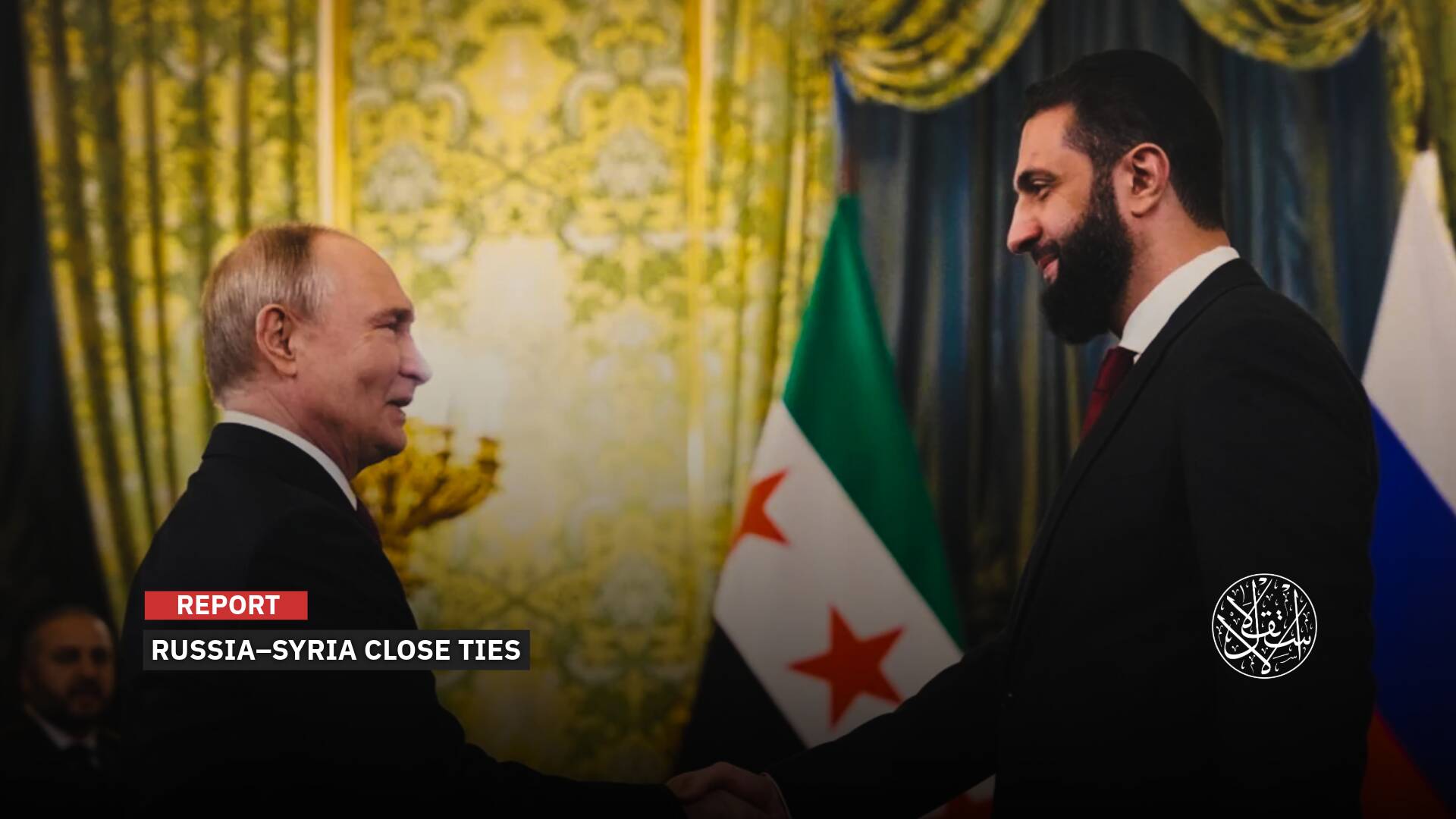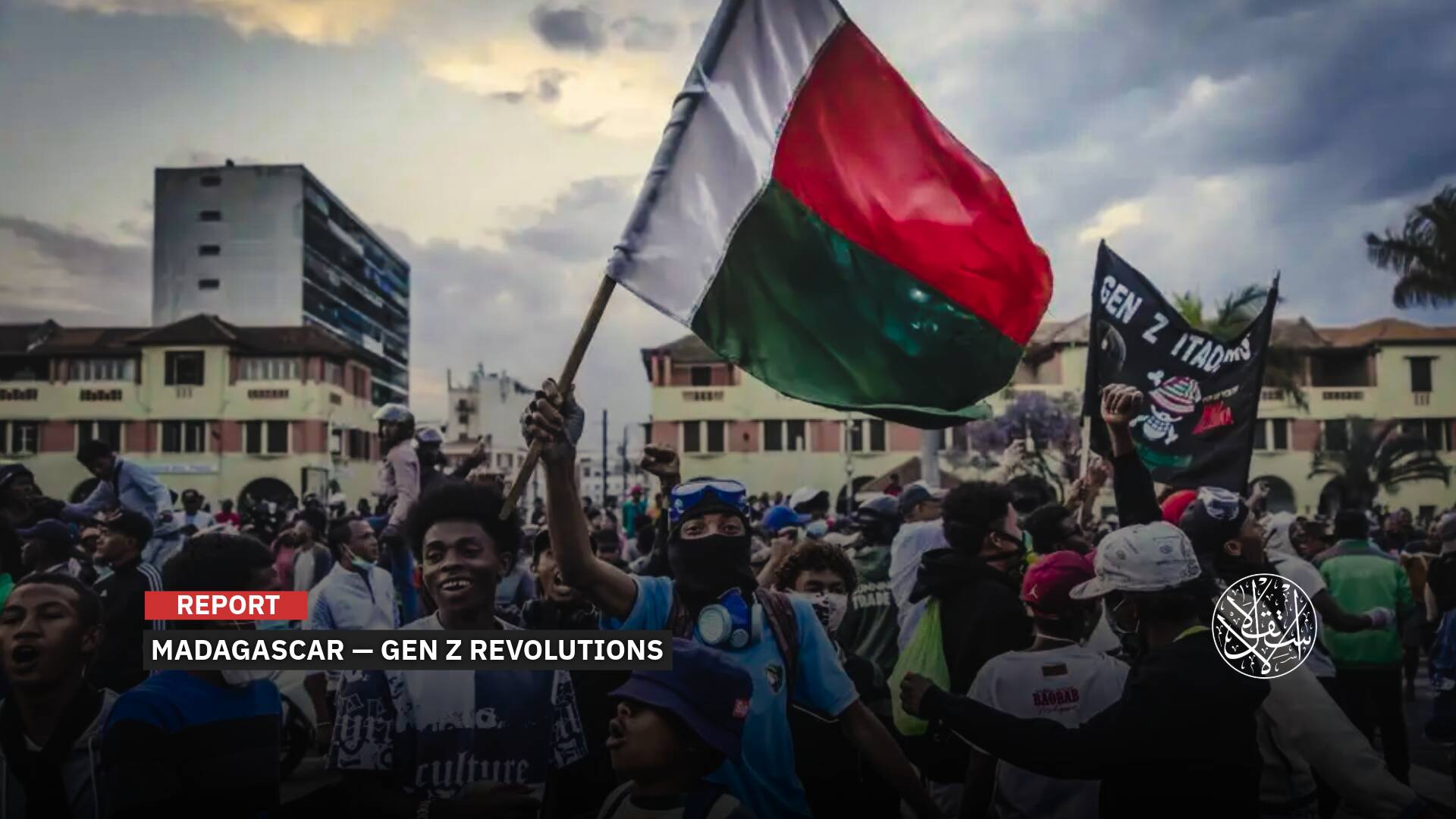Iran and Israel; Between Historical Enmity and Common Interests

Contents
Preface
1. The Relation Between the Two Countries Before and After the Outbreak of the Islamic Revolution
2. Common Interests:
a. The Iran–Iraq War (Israeli military and intelligence support).
b. Weakening the Arab position and fragmenting the manifestations of Arab unity.
c. Thwarting the Arab Spring revolutions.
d. Exhausting Turkey.
3. When Did the Hostility Between Iran and Israel Begin?
4. The Disputed, and the Chess Game Between Iran and Israel:
a. The Iranian presence in Syria.
b. Karabakh.
c. The Palestinian cause.
d. Israeli support for the Kurds.
5. Do the Two Sides Want Confrontation?
Conclusion
Preface
Is the relation between Iran and Israel that of a permanent hostility? Did the two countries bring together common interests before the Iranian revolution? Can the two countries have other common interests in the post-revolution era, despite the war of words between them?
What is the extent of services provided by each other directly or indirectly? What benefit does each achieve from the other’s threat to its neighboring countries?
What aspects of contiguity does each side view as a threat to the other? Is the mutual threat between them existential? Does either side want to be dragged into a direct war? This paper revolves around these and other questions.
1. The Relation Between the Two Countries Before and After the Outbreak of the Islamic Revolution
The relations between Iran and Israel before the Islamic Revolution were close cooperation relations and common geopolitical interests. Both parties were afraid of the Nasserist era in Egypt, and they had hostility towards the Arabs, although its size varied for each party, in addition to sensitivity towards Soviet communism.
In light of the policy of the surroundings and the ideology of “the enemy of my enemy is my friend” adopted by David Ben-Gurion, the Israeli Prime Minister in the fifties, Israel sought an alliance with non-Arab countries, led by Iran, of course, in order to confront these threats.
Although Iran did not officially recognize Israel under Shah Mohammad Reza Pahlavi, the cooperation between the two countries was very close in all fields, for example, that the intelligence of Israel (Mossad) and of Iran (SAVAK) were coordinating together to help the Iraqi Kurds in their struggle against the Iraqi regime in the sixties of the last century.
Commercially, the two countries jointly established energy companies in Panama and Switzerland known as Trans-Asiatic Oil Company, which was the secret partnership between Israel and the National Iranian Oil Company in the seventies, and at the end of the seventies the two countries jointly participated in the development of some missile systems.
This cooperation, which was strong before the Islamic Revolution, proceeded afterwards, as Iran saw Israel as a useful weight in its confrontation against the Iraqi Baath Party, and Israel saw Iran in the same way, not only against Iraq, but against the entire Arab world. Hence, the pragmatic relations between the two countries continued throughout the eighties.
In 1987, Israel referred to Iran as a “geostrategic friend,” and in 1992 turned to classify it as an “international threat,” and policy makers in Tel Aviv viewed Khomeini as just a passing phenomenon, and were focused on maintaining the political relationship with Tehran in the post-Khomeini period, as Israel was investing a large political investment in Iran, and was not ready to lose it as a geostrategic partner in the face of the Arabs.
Despite the sharp condemnation of Tehran’s policy by Yitzhak Rabin and Shimon Peres in the early 1990s, the same people had a different orientation in 1987. Rabin believed that Iran would remain a geopolitical ally of Israel, while Peres was calling for a broader strategic relationship with Iran, and he was urging President Reagan to engage in dialogue with Tehran.
2. Common Interests:
a. The Iran–Iraq War (Israeli military and intelligence support):
The Islamic Republic of Iran was aware of the value of Israel as an important weight on the shoulders of its Arab neighbors, hence Saddam Hussein’s war against Iran was an example of the summit of Israeli–Iranian cooperation, as Israel was very interested in defeating Saddam Hussein, and was afraid that Iraq’s victory in this war would be in the interest of the Arabs—who were supporting Saddam Hussein—and would consequently weaken Israel, so much so that the then-Israeli Foreign Minister Ephraim Evron sought to have the United States supply Iran with weapons at the height of the hostage crisis.
Just days after the outbreak of the war, on September 28, 1980, then-Deputy Defense Minister Mordechai Tzipori offered to help Iran, and only three days later Moshe Dayan urged the United States to forget the past and help Iran defensively against Iraq.
These promises were not empty promises. Rather, they were accompanied by real assistance. Even Israel—according to former Iranian officials—helped Iran in its attempt to strike the Iraqi nuclear reactor that Saddam Hussein was constructing, and provided intelligence support to Iran to perform this unsuccessful task.
Israel was of the opinion that any assistance to Iran serves its policy of dispersing the Arabs, and that the continuation of the Iran–Iraq war distracts the Arabs from the Arab–Israeli conflict, and directs their financial spending to Iraq away from the Palestinians.
At that time, the Iraqi armament was modern, from various sources (American and Russian), while Iran was in dire need of arms, and hence it greatly depended on Israel’s help, which was on time.
In the early 1980s, Israeli Prime Minister Menachem Begin confirmed that tires of Phantom fighters along with other American weapons had been transferred to Iran. In what later became known as the Iran–Contra scandal.
Israel—which has achieved significant financial gains from these deals—has become the channel through which American weapons are transported to Iran, and this cooperation has continued despite what was publicly issued from an intense Iranian hostile rhetoric against Israel, and the irony here is that the Iranian saying “The road to Jerusalem passes through Karbala” had arisen in this atmosphere in light of the cooperation between the two countries.
b. Weakening the Arab position and fragmenting the manifestations of Arab unity:
Iran and Israel have achieved many benefits from the fragmentation of the Arab position. Iran has benefited from this state of weakness by forming a Shiite crescent in the north of the Arabian Peninsula that reaches from Iran to the Mediterranean, and its support for the Houthis as an affiliated militia in Yemen made it surround the Arabian Peninsula from the north and south.
Moreover, the situation reached by the Gulf Cooperation Council and the blockade of Qatar removed Iran from the top of the list of threats to the security of Qatar and Kuwait, in return it gave Israel an opportunity to look forward to opening a road that would reach from Israel to the Arab Gulf through Jordan, Saudi Arabia and the UAE, after its alliance with some Gulf countries became official.
It is true that both the Iranian and Israeli sides—as announced—do not want the other side on their borders, not to harm the national security of each party, but the witness here is that the two sides played on the conflict of interests between the Arab countries, which sometimes reached the point of hostility, and took great advantage of the state of Arab weakness.
c. Thwarting the Arab Spring revolutions:
The Arab Spring revolutions represented a source of great concern for the Israelis, but the matter was somewhat different for Iran, which was biased towards the Egyptian revolution in the first place, as it hoped that it would lead to a change in the ideology of the new regime to serve Iranian interests, and the positions of chief Iranian preachers, led by Ali Khamenei, the Supreme Leader, goes within this context.
This position changed later as a result of the Egyptian position represented by President Mohamed Morsi at the time, who repeatedly condemned the Iranian intervention in Syria and called for its exit from Syrian grounds.
Iran, which initially supported the Egyptian revolution, had another affair in Syria, as it provided unlimited support to Bashar Al-Assad’s regime to suppress the revolution in 2011.
In 2013, it began military support by establishing auxiliary mobilization forces for the regime’s army under the name of “National Defense,” and it worked later to form local militias and recruit others from many countries besides its forces from the Revolutionary Guard, until the total of its forces and formed militias reached more than 100 thousand fighters.
It was strange that Israel’s rejection of Iranian interference seemed faint. Israel preferred Bashar Al-Assad over the success of the revolution, whose goals were the establishment of a democratic life and what this might lead to in terms of strategic change and a possible Syrian renaissance, strengthening its capabilities in the region and perhaps seeking later to liberate the Golan, which the Syrian regime claims to work on its liberation, but in fact it does nothing in this regard; experience has rather proven that it has prevented any resistance operations from Syria through the Golan.
Hence, Israel was content with an outward rejection of the Iranian intervention in Syria at least at first, and perhaps the Russian intervention in the Syrian arena in 2015 had a goal of speeding up the recovery of the Assad regime, while at the same time restraining Iran in Syria.
For Israel, its fear of the Arab Spring—especially in Egypt and Syria—exceeded Iranian fear, because these revolutions created points of weaknesses that allowed the possibility of Iranian influence, especially in the neighboring region of Israel in Lebanon and Gaza.
Iran took on the task of suppressing the revolution in Syria, and Russia joined it later. In Egypt, Israel coordinated with the axis of the counter–revolution in the Gulf and Egypt to stifle the revolution.
d. Exhausting Turkey:
Since President Recep Tayyip Erdogan’s advent to power, Turkey has been a constant headache for Israel. Ankara’s policies during his reign are often against Israeli interests, whether in northern Syria and with regard to the Kurds, or in his moral support for the Palestinian cause in general and Hamas in particular, or in his support for the Fayez Al-Sarraj government Libya, or because of his position regarding Eastern Mediterranean gas, and due to these positions, Israeli analysts used the description that Bernard Lewis gave to Turkey after Erdogan came to power, as Lewis saw that Turkey might turn into the next Iran.
It seems more complicated when we turn to Iran’s relation with Turkey, as Turkey is considered an important outlet through which Iran can overcome the U.S. economic blockade imposed on it, as Tehran aims to reach the threshold of 30 billion dollars of its exports to Turkey of oil, fuel and natural gas.
As for Ankara, its quest to promote joint projects and attract Iranian investments to Turkey in order to ease pressure on the lira (the local currency), has led the Iranians to become second on the list of foreign real estate buyers in Turkey.
Iranian investments—as a result of the escape of Iranian capital from Iran—in Turkey ranked third after Germany and the Netherlands, but as a result of the crisis that the Turkish economy is going through, there was a sharp decline in Iranian exports to Turkey in 2019, 2020, and Turkey’s import of Iranian gas also decreased between March 2019 and March 2020 by 33 percent due to the PKK attack on the natural gas pipeline between the two countries, while Turkey delayed repairing the damaged part—which caused an Iranian discontent—and replaced it with liquefied gas from Qatar and the United States.
On the other hand, the previous economic relations do not hide the conflicting interests between the two countries in Syria, and Azerbaijan, in addition to Turkey gaining wide affinity in the Arab streets, in return for Iran’s retreat in light of its standing by the side of the counter–revolution; countering the aspirations of the Arab peoples.
Since the Arab Spring revolutions in 2011, disagreements have increased over what Turkey and Iran consider a hostile maneuver against each other in Syria and Iraq because of the great strategic importance of these two countries for Ankara and Tehran.
Both parties have helped to strengthen their local proxies in Mosul, Tal Afar, Aleppo and Raqqa, and both are trying to control the resulting wreckage. The problem appears in the deep doubts of each side’s ambitions to take advantage of the chaos in the region, and tension between the two parties often reaches high levels as it happened when an Iranian UAV killed 4 Turkish soldiers in northern Syria on November 24, 2016.
Turkey is also often disturbed by Iranian activities with the anti-Ankara Kurds and sees collusion between Iran and the PKK and the People’s Protection Units, the armed wing of the Democratic Union Party (PYD) hostile to Turkey, in order to establish a Kurdish autonomous region in northern Syria on the Syrian–Turkish border as a direct threat to Ankara.
Among the mutual accusations between the two sides of trying to restore ancient glories, the Turks see that Iran is trying to restore the ancient Persian Empire in lands that were Turkish spheres of influence in the Ottoman era.
It is true that the two countries do not view each other as an existential threat, but the social, political, religious and ethnic differences between them put them on opposite sides to each other.
3. When Did the Hostility Between Iran and Israel Begin?
The defeat of Iraq in the Gulf War and its expulsion from Kuwait led to the demise of the common enemy of Iran and Israel, and the decline of the Arab threat in light of the state of dispersion experienced by the Arab countries as a result of this war.
The defeat of the Taliban in Afghanistan, which represented a major threat to Iran, also led to a feeling of increasing Iranian power, and thus Iran jumped to the top of the list of Israel’s most threatening enemies.
But Israel exaggerated the Iranian threat. According to the Israeli analyst Efraim Inbar, Yitzhak Rabin was aware that the Arabs’ acceptance of peace with Israel was linked to making them feel that the hard-line Iranian ideology represented them a greater threat than the Israeli nuclear threat.
Hence, Israel used Iran as a scarecrow and promoted this matter regionally and globally, so much so that in the early 1990s, Israel offered the Gulf states protection against any potential Iranian threats, and this highlights the reason why Israel shifted from its view of Iran as a geostrategic friend since the Islamic Revolution until the end of the eighties, to an international threat in the early nineties.
This vision, of course, deepened further with Iran’s pursuit of a nuclear weapon, not only because of Iran’s ability to possess nuclear weapons, but also for Israel’s fear that this would lead to Arab countries seeking to acquire nuclear weapons in order to confront the Iranian threat.
4. The Disputed, and the Chess Game Between Iran and Israel:
The conflict between Iran and Israel is just like a chessboard between two players, neither of whom wants to end the game. If Iran sets foot in Syria and Lebanon, Israel sets foot in Azerbaijan, and if Iran supports the resistance in Gaza, Israel concludes peace treaties with the Gulf states, and so on.
This is how the relationship of the two states appears as one who benefits from the other, as both parties are profiting from the shape of this relation and the results are in their favor, an Arab rupture in the advantage of the two sides, the failure of the Arab Spring and the suppression of the Arab peoples with the restrained Iranian intervention in Syria, and the Israeli cooperation with the counter–revolution and its supporters in the Gulf to thwart the revolution in Egypt, and in Yemen with the participation of Iran through the Houthis.
a. The Iranian presence in Syria:
Iranian forces have been the mainstay of the fight against the Syrian opposition forces since mid-2013, and there are Israeli reports that, during the years of its presence in Syria, Iran was able to transfer large quantities of advanced military equipment to Syria, and that it built an infrastructure for its military industries in Syria and Lebanon to produce long-range missiles, in addition to establishing workshops to collect and unload military shipments from Iran, and built Iranian military complexes on the northwestern coast of Syria used to develop weapon industries and store military materials, besides that, Iran was able to build missile platforms underground and deploy missiles like Zelzal and Fateh there.
Israel’s silence about Iranian interference in Syria, or rather its faint rejection, does not necessarily mean Israel’s acceptance of the Iranian presence on its borders, which it considers a threat, but it seemed to take the least of the two harms, that is, it preferred an equal who knew the rules of the game instead of a new unknown player who might advent to change all the rules.
This is evident in the coordination that is taking place between Moscow and Tel Aviv to ensure the safety of Israel. One of the goals of the Russian intervention in Syria was—as we mentioned before—to restrict Iran’s movement. This is confirmed by Israel’s assertion that it is satisfied with Russia’s position regarding the Iranian military presence on the Israeli–Syrian borders.
It is true that the Iranian presence in Syria represents a threat to Israel, but what has been observed during the past years is that Iran has not responded to the Israeli attacks that targeted its bases in Syria, so that Israel cannot turn Syria into a front against it, and consequently for Israel not to make the same mistake when it allowed Hezbollah to have up to 140 thousand rockets, according to the Major General (Res.) Amos Gilead, which means that Israel, until this moment, was not wrong when it opted for a more silent refusal.
b. Karabakh:
The conflict between Azerbaijan and Armenia dates back to when Stalin granted the Armenians the rule of the Karabakh region—which was affiliated with the Soviet Union at the time. A large part of the Azerbaijani lands turned into an independent Armenian state on the international level, about one million Azerbaijanis became refugees and the conflict became permanent between the two countries.
In order for the picture to be clearer, this conflict has dimensions affecting the strategic status between Iran and Israel and the state of hostility between them. Iran—neighboring Azerbaijan—whose half of its population are of non-Iranian minorities (Azeris, Kurds, Turkmen, Arabs and Baluchis) living in the border areas, and each maintaining strong relations with families across borders in Iraq, Afghanistan, Pakistan, Turkey, and Azerbaijan, its Azeri minority is the largest among others (approximately 14 to 16 million).
The Iranians believe that Azerbaijan was originally part of the Greater Iran, which was founded by the Safavids hundreds of years ago, while the Azeris believe that the future of Iran is disintegration and that it will be swallowed up by Azerbaijan, and the Azeris claim that the Safavids were Turks and that Iran turned to the Shiite sect because of its Azeri–Turkish rulers that is, each side sees that one day it will control the other, and along this course was the strong relationship between Azerbaijan and Israel.
As for Israel, it attaches great strategic importance to its relations with Azerbaijan, and likewise Azerbaijan has been very interested in establishing strong relations with Israel to obtain advanced weapons, and Israeli intelligence and political support.
On the other hand, Azerbaijan being a country rich in energy sources, has made it the focus of Israel’s interest in obtaining energy, as well as being a huge center for energy transfer to Europe and the Middle East, and above all, Azerbaijan has helped Israel behind the scenes in strengthening relations with the Gulf states and other Islamic countries.
Meetings took place between Israeli figures and senior Arab officials years before the relation of some Arab countries with Israel became official, and not only that, as a result of bad relations between Azerbaijan and Iran, Israel benefited from the possibility of collecting intelligence information on Iran, and Azerbaijan strengthened its relationship with Israel by excluding the Israelis (and the Turks, indeed) from the decision of Azerbaijani President Ilham Aliyev in 2010 to stop the issuance of electronic visas for citizens of different countries wishing to visit Azerbaijan and to limit visa issuances through the Azerbaijani consulates.
The Israelis underline the strength of the relationship between them and Azerbaijan, and that one of the reasons for the development of the relationship between them is that Israel was among the first countries to recognize Azerbaijan’s sovereignty, and as a result, the Jews living in Azerbaijan enjoy friendly relations from the state there, and in light of the previous reasons, it was only natural for Israel to present Israeli military technologies to Azerbaijan.
Israeli relations with Azerbaijan reached their peak 4 years ago when a huge deal was signed to export Israeli arms to Azerbaijan. In the last days of September 2020, the movement of transport planes between the two countries was documented, and the landing of an Azeri transport plane and another take-off from the Israeli Ovda base on September 24, 2020 were recorded.
Despite Israel’s usual tendency to hide its military deals with eastern countries, especially those that are in conflict with its neighbors (such as in the case of Azerbaijan with Armenia), the Azerbaijani president announced the size of the military deal with Israel in 2016, which surprised the Israeli defense establishment.
The value of the weapons purchased by Azerbaijan from Israel is 5 billion dollars, and it appears that a large part of them are air and ground weapons, along with hundreds of advanced drones.
According to the Washington Post, in recent years the Azeris have attacked Armenian targets in Karabakh with Harup drones, long-distance suicide planes that fly in groups and in their last moments are used as missiles.
Armenia protested to Israel its arms sales to Azerbaijan, which raised the efficiency of the Azerbaijani army to an unrecognizable level in recent years.
As a result, Armenia recalled its ambassador from Israel on October 3, 2020, and expressed its dissatisfaction with Azerbaijan’s provision of advanced weapons, especially drones, which the Azerbaijani army uses against the Armenian forces in the Karabakh region, as well as its intelligence support and the presence of Israeli military experts in Azerbaijan.
Thus, Israel turned to officially become a party to the long conflict in the Caucasus between Armenia and Azerbaijan, but it justified its assistance to Azerbaijan by saying that what it is doing is not an interference in the conflict, but rather because of old agreements between the two countries that precede this conflict, and that Israel is bound according to these agreements by legal contracts that cannot be violated.
It is paradoxical here that the ethnic factor may have played a role in taking sides for Israel. Iranians and Armenians belong to the so-called Aryan race, while Azeris are a branch of the Turkish tribes and speak a Turkish dialect, which explains their close connection with Turkey and the extension of their links with the Middle East and, of course, Israel.
Perhaps this explains how a Shiite country like Iran supports a Christian country, which is Armenia, against a Shiite Azerbaijan, and how Israel supports a Shiite country, Azerbaijan, against another Shiite country, Iran.
What further exacerbates the conflict is that most of the rich Iranian regions are located near its borders with Azerbaijan, that is, they are under the Azeri threat and vice versa.
c. The Palestinian cause:
Iran’s support for Hezbollah and Hamas in their confrontations against Israel has raised the level of the Iranian threat in the analyzes of Israeli strategists, and Israel’s leaders no longer view the peace process as the main reason for curbing Iranian influence in the region, and they believe that stopping Iranian influence is the key to resolving the Israeli conflict with its Arab neighbors.
The great Iranian support for the Palestinian resistance movements in Gaza, which these movements have long acknowledged, comes within the framework of the policy of exhaustion and threats practiced by each party against the other. For Iran, it is also a gateway to influence in the Sunni world, much of which it lost with its position on the Syrian revolution and its support for the Houthi group in Yemen.
d. Israeli support for the Kurds:
The Kurdish presence is distributed over 4 countries (Turkey, Iran, Iraq, and Syria), but the Kurdish presence in each country differs in its ideologies and geostrategic calculations.
As for Iran, it is home to the second largest Kurdish minority in the region after Turkey. Iran has faced Kurdish rebellions for a long time. What distinguishes Kurdish rebellions in Iran is that they were less severe than their counterparts in Turkey, as they were transient and intermittent.
In the aftermath of the Islamic revolution, the Democratic Party of Iranian Kurdistan (KDPI) launched an armed rebellion but it was suppressed in 1982, and the party continued its rebellious acts in a less severe manner and the Kurdish Komalah movement (CPI) joined it until 1996 when they laid down their arms, then the Kurdistan Free Life Party (PJAK) appeared and followed the leadership the Kurdistan Workers’ Party (PKK) and its ideology but opted for a ceasefire in 2011 with minor clashes continuing against the Iranian authorities.
In mid-2016, the Kurdish region in Iran witnessed a minor rebellion, perhaps with Saudi instigation, with the possibility of receiving minor support from the Kurds of northern Iraq.
As for Israel, since the fifties of the last century, its relationship with the Kurds has not been cut off, especially in northern Iraq, and the Mossad’s relationship with Kurdish leaders has always been connected.
Coordination between Iran, Israel and the Iraqi Kurds was in full swing before the Islamic Revolution in the 1960s, and Israel was training Kurdish fighting forces, and militarily providing them with the required weapons through Iran.
But the relationship between Israel and the Kurds became volatile after 1975 for various reasons, some of which are related to Iran’s pledge to stop aiding the Kurdish rebels, while some are related to the sensitivity of the Kurdish issue in Turkey, which was the only Muslim country at the time that had recognized Israel.
However, with the tense Turkish–Israeli relations in 2010, Israel has officially declared, through its prime minister, that the Kurds have the right to establish an independent Kurdish state in northern Iraq, and that this serves the Israeli interest.
This was not only disturbing for Turkey, but also for Iran. In 2016, three Iranian researchers published a comprehensive article entitled “The Israeli Presence in Iraqi Kurdistan and the Security Challenges to Iranian National Security.” Its conclusion was that the Israeli strategy is based on supporting ethnic minorities in Iran through Iraqi Kurdistan, and that it thus constitutes a potential threat to Iran.
In January 2012, Le Figaro newspaper reported that Israeli intelligence agents were training Iranian Kurds at secret bases located in Iraqi Kurdistan.
A year later, the Washington Post reported that Turkey revealed to Iranian intelligence a network of Israeli spies working in Iran, including 10 Kurdish spies. It is clear that Israel and the Kurdish organizations that are still in rebellion against the authority of the Islamic Republic share a common interest in weakening the Iranian regime and are cooperating together to this end.
The New Yorker newspaper indicated that Washington and Israel gave some Kurdish groups a list of targets inside Iran to destabilize the north and east, although spokesmen for the Israeli government deny Israel’s involvement in the matter.
This denial did not mean anything to Iran, which has long declared that international parties, including Israel, are the ones behind the operations sometimes launched by the Iranian Kurdistan Party fighters (about 2,000 fighters) against the Iranian state.
5. Do the two sides want confrontation?
Major General (Res.) Gershon Hacohen believes that the confrontation between Israel and Iran will continue in the foreseeable future for various and deep-rooted reasons, along Iran’s interest in maintaining the current situation. Hacohen believes that “in Israel as well as in Iran, the reality of peace and war exists simultaneously, which allows stability.”
Hacohen believes that the fact that Jerusalem is at the center of the attention of the Islamic world, and the fact that Iran supports the Islamic movements that resist Israel (Palestinian movements such as Hamas and Islamic Jihad), this helps Iran’s hegemony and its regional aspirations, and in this context, Israel knows that the confrontation between it and Iran serves the latter and helps it achieve its interests, especially since Israel knows that the United States does not plan to harm Iran.
In a similar context, Brigadier General (Res.) Yossi Kuperwasser (from the Jerusalem Center for Public Affairs) says that the intensification of Iranian activities and support for its militias in Iraq, Syria, Lebanon and other regions aims to send a message to the Americans that we can respond to you and your allies, so we must reach an agreement on our Iranian nuclear project.
Iran, then, does not want any major confrontation with Israel because this is not good for its interests, and therefore it exercises its activities in a way that does not lead to a comprehensive confrontation with Israel, and the latter similarly does not want any confrontation against Iran.
The relationship between Iran and Israel, according to the Israeli journalist Aluf Benn, appears in public only as a complete estrangement, mutual threats and condemnations, but in closed rooms sometimes secret talks take place between official representatives of the two countries. As Muthanna Abdullah described it in his article in Al-Quds Al-Arabi newspaper, and translated into Hebrew in the Yedioth Ahronoth newspaper on September 15, 2019, “it is a formula of utilitarian coexistence and strategic intercourse between them.”
Conclusion
The relationship between Iran and Israel is a complex one, and it is difficult to classify it in the category of hostility only, or hidden permanent cooperation, as it is an equal relationship in which each side plays on the contradictions of regional and international politics, so each of them benefits from the other in times of need, and one of them sometimes maneuvers the other to become a major regional and international power.
Between this and that, an Arab environment living in a state of anonymity and emptiness through which one of the parties seeks to restore the glories of the Persian past and the reign of Cyrus in a Shiite body, while the other is looking for the fulfillment of an ancient Biblical promise to establish the Kingdom of David, so that the factors of history and religion will have their role in making the future of the two countries.
Keywords:
Israel, Iran, Palestine, Turkey, Syria, Iraq, Azerbaijan, Armenia, Yemen, Lebanon, Libya, UAE Iranian–Israeli relations


